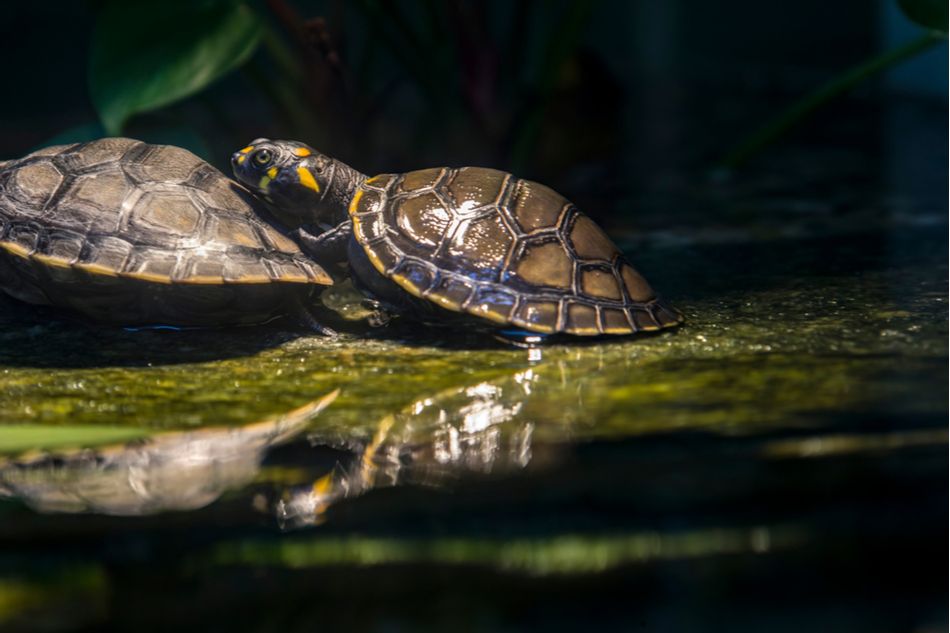🐠 Coral reef untouched by climate change
A coral reef untouched by climate change and human activity has been found in the depth of the South Pacific Ocean, outside Haiti.
🌱 Plant-based chewing gum can reduce the spread of Covid-19
A new chewing gum can help stop the spread of corona virus. The gum lowers the viral particles by 95 percent.
🦒 Giraffe population numbers are growing
According to the latest research, population numbers have been increasing for all species of giraffes during recent years. Even though the numbers are still small, conservationists are optimistic about the future of the species.
🐸 UK charity brings Ghost Ponds back to life
The UK charity, The Norfolk Wildlife Trust, diggs up ice-age era ponds on two rural sites. Their goal is to restore the original seed banks buried together with the old ponds when they were covered for agriculture.
🔋 Biodegradable batteries solves e-waste
Scientists from Nanyang Technological University in Singapore have come up with a partial solution to the toxic e-waste of batteries - a biodegradable one that can be buried in soil.
🪁 Kitepower – the future of green energy?
An international team is currently working on a start-up called Airborne Wind Energy, which develops cost-effective and innovative alternatives to wind turbines. According to the start-up, their patented technology is a game changer in the wind energy sector.
🐢 Conservationists release thousands of baby turtles into the wild
In December last year, conservationists released thousands of baby turtles into the Amazon river in an attempt to preserve and save the endangered species.
🐝 Solar parks could be used to boost pollinator numbers
A new study shows that if solar parks are managed properly, they can help provide habitats for wildlife and bumblebees to flourish.
🌳 A tree for every household in Wales
In Wales, every household gets a free tree to plant in order to help tackle climate change. Approximately 1.3 million new trees will be planted at the end of the project.









